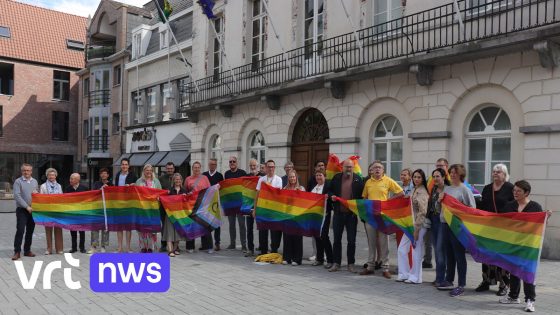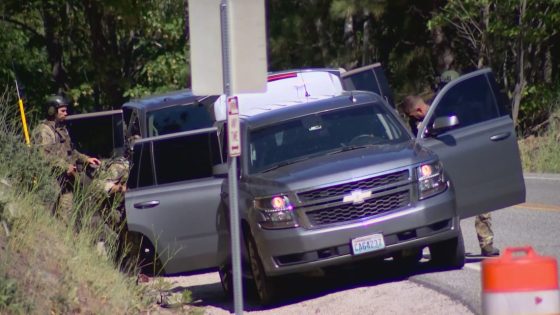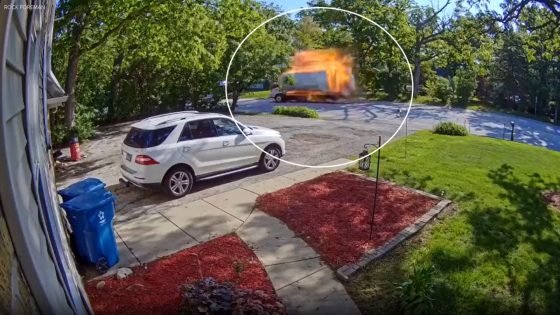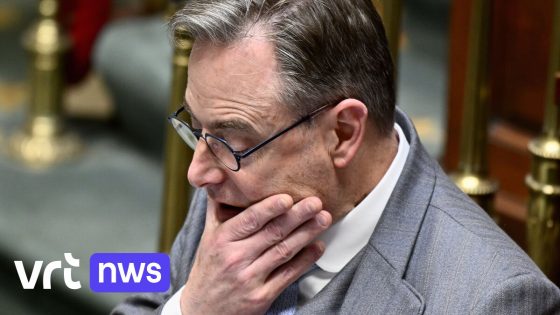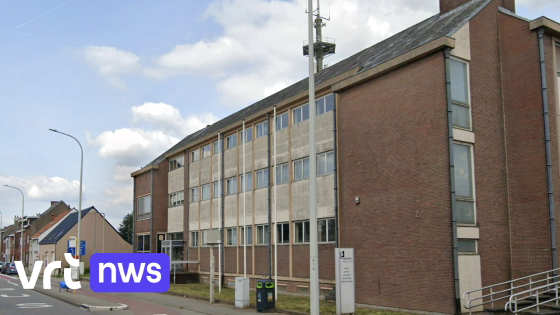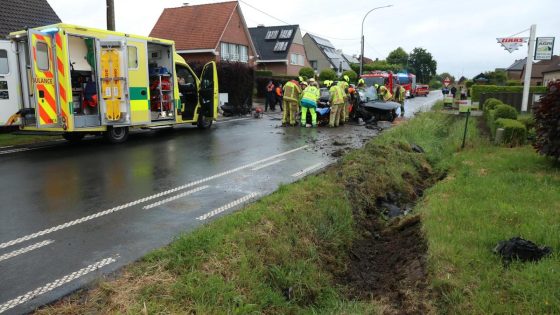On 17 May, the international day against homophobia sparked renewed debate in Ninove when opposition parties publicly displayed the rainbow flag. This act came after the Forza Ninove city council decided not to raise the flag this year, stirring local controversy around LGBTQ+ visibility.
- Opposition parties displayed rainbow flag briefly
- Forza Ninove stopped hanging rainbow flag
- Police contacted politicians about unauthorized protest
- Steven Vanden Berghe called police response correct
- Police require 30-day protest notification
- Politicians found police calls intimidating
Steven Vanden Berghe from N-VA described the gesture as a brief, five-minute photo moment responding to current events. Surprisingly, the police contacted him, citing regulations requiring a 30-day notice for demonstrations. This call was seen by some as a subtle form of intimidation.
Other politicians, including Jordy De Dobbeleer from Groen, also received police notices, highlighting tensions between civic expression and regulatory frameworks. How should local authorities balance public order with freedom of expression? And what does this mean for future LGBTQ+ advocacy in Belgium? These questions frame the ongoing discussion.
The incident raises important points about the intersection of political expression and law enforcement in Belgium. While regulations aim to maintain order, they may unintentionally suppress timely acts of solidarity. Key considerations include:
- The challenge of applying demonstration rules to spontaneous symbolic acts
- The potential chilling effect on political and social activism
- The role of municipal governments in supporting or restricting LGBTQ+ visibility
Looking ahead, Belgian communities and policymakers must find a balance that respects both public order and the right to express support for LGBTQ+ rights. Will local authorities adapt to allow more flexible, timely responses to social issues? The coming months will be telling.



